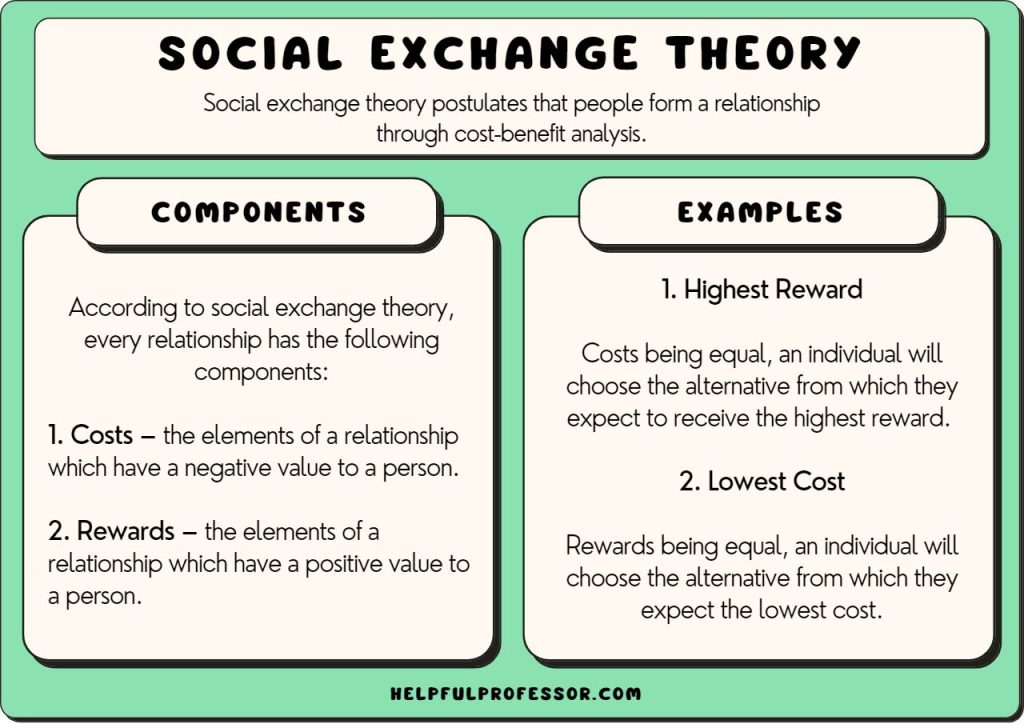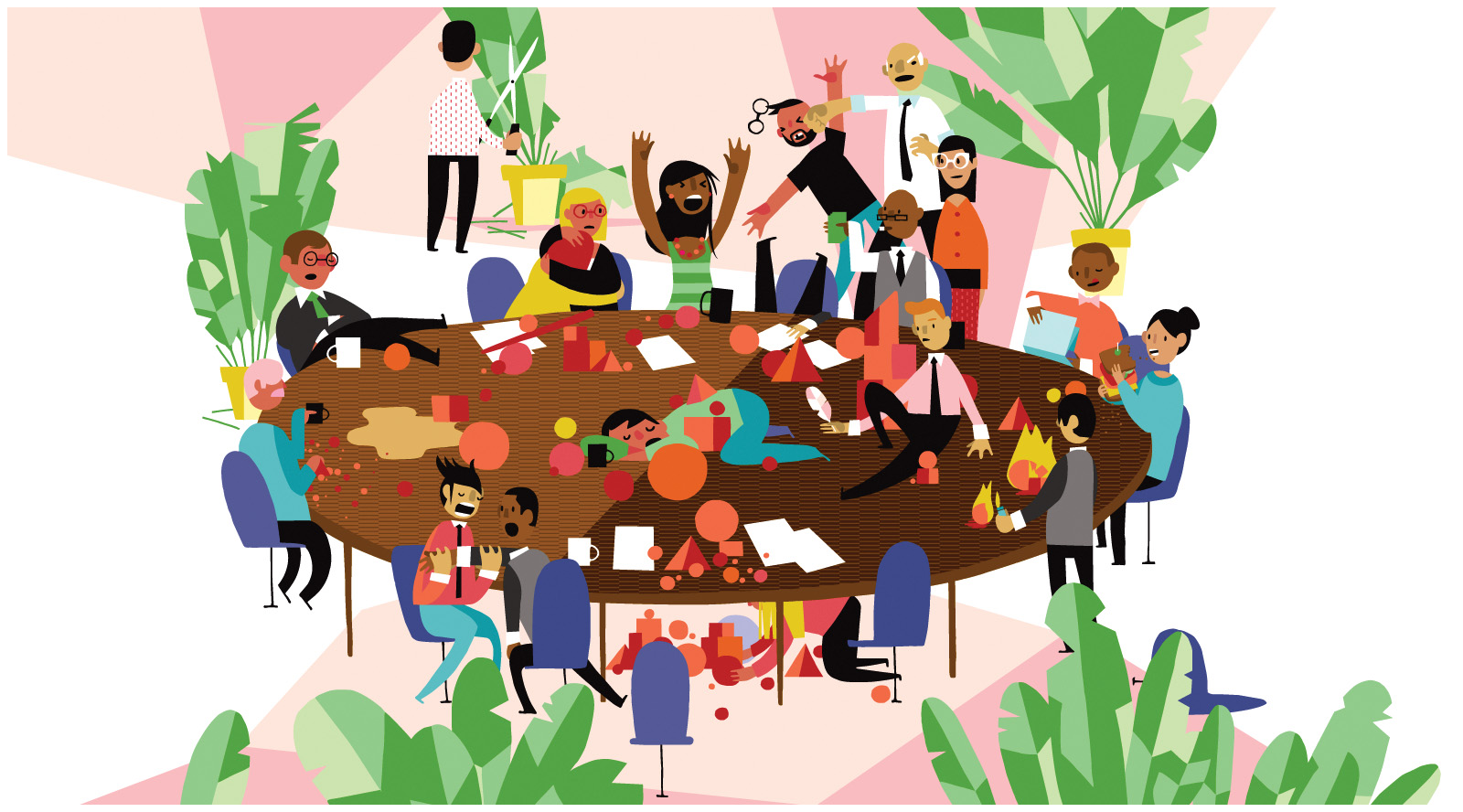Have you ever felt like you were on the outside looking in? Maybe you didn’t understand the unspoken rules of a social gathering, felt pressure to conform to a certain style, or even questioned the legitimacy of a law? These experiences, however big or small, are all tied to a fascinating concept explored in sociology: deviance. It’s not about being “bad” or “good,” but about understanding the social forces that shape our perceptions of what’s acceptable and what’s considered “out of line.”

Image: helpfulprofessor.com
Deviance in sociology isn’t just about breaking the law; it’s the broader study of how societies define and react to behavior that goes against established norms. It’s about understanding the complex interplay between individuals, social structures, and the often-invisible boundaries that guide our actions. This article will delve deeper into the world of deviance, exploring its history, theories, and implications for our daily lives.
A Look Back: The Roots of Deviance in Sociology
The study of deviance has roots in early sociological thought, with thinkers like Émile Durkheim, considered a founding father of sociology, recognizing its importance in shaping social cohesion. Durkheim argued that deviance isn’t just a negative force but actually plays a crucial role in reinforcing social boundaries and norms. He proposed the idea of anomie, a state of normlessness where individuals feel disconnected from society, making them more prone to deviance.
One of the earliest attempts to understand deviance in a systematic way came from Robert Merton, who proposed his famous “Strain Theory” in the 1930s. This theory posits that deviance arises when individuals experience a “strain” between culturally valued goals (like success and wealth) and the legitimate means available to achieve them. When people feel they can’t reach these goals through conventional means, they may resort to deviant behaviors like theft, fraud, or drug dealing.
Understanding the Dynamics of Deviance
The study of deviance has evolved significantly over the years, with various theories and perspectives emerging to explain its complexity. Here are some important angles:
- Labelling Theory: This perspective focuses on the power of social labels. Deviance isn’t inherent in an act itself, but rather arises from how society defines and labels it. This theory emphasizes how labels can shape an individual’s self-concept and lead them to engage in more deviant behavior.
- Control Theory: This theory posits that deviance occurs when individuals lack strong social bonds and internal controls. It suggests that connections to family, peers, and community play a significant role in deterring deviant behavior.
- Conflict Theory: This perspective emphasizes the role of power and inequality in shaping what is considered deviant. It argues that dominant groups in society use their power to define what is acceptable and unacceptable behavior, often targeting marginalized groups and enforcing their own values.
- Differential Association Theory: This theory focuses on how individuals learn deviant behavior through their interactions with others. It emphasizes the influence of social networks and close relationships in shaping our attitudes and choices.
Deviance and Its Ripple Effects
The study of deviance goes beyond its impact on individuals. It has significant implications for social control, law enforcement, and the overall health of society.
- Social Control: Understanding deviance helps us see how societies attempt to regulate and control behavior. This includes formal mechanisms like laws and punishments and informal mechanisms like social pressure and disapproval.
- Law Enforcement: The study of deviance informs criminal justice systems and the way crimes are investigated, prosecuted, and punished. It helps us understand the factors that contribute to crime and explore alternative approaches to crime prevention and rehabilitation.
- Societal Health: By understanding the dynamics of deviance, we can identify social problems and create strategies to address them. For example, understanding the root causes of drug addiction can lead to more effective prevention and treatment programs.

Image: soci101.org
Moving Forward: Applying Real-World Insights
The study of deviance offers us valuable insights into how societies function and how we can tackle complex social issues. Here’s how you can apply these insights:
- Expand your perspective: By understanding different theories of deviance, you can challenge your own assumptions and become more open-minded when encountering behaviors that you might initially judge.
- Embrace critical thinking: Don’t just accept the status quo. Question why certain behaviors are labelled as deviant, and consider the power dynamics and social factors that contribute to these labels.
- Foster empathy: Recognizing the complexity of deviance can lead to greater empathy and understanding for those who engage in behaviors that are considered out of line.
What Is Deviance Sociology
To Conclude: Navigating the Complex Landscape of Deviance
The study of deviance is vital for navigating the diverse and often challenging landscape of human behavior. By understanding how societies define and respond to what’s considered deviant, we gain a deeper appreciation for the complexities of social life, the power dynamics that shape our interactions, and the critical role of individuals in shaping and challenging established norms.
So, the next time you encounter a behavior that seems “deviant,” don’t just dismiss it as “wrong.” Instead, consider the social forces at play, the potential challenges faced by the person engaging in that behavior, and the broader implications for society. By engaging with this critical lens, we can move toward a more just and understanding world.



/GettyImages-173599369-58ad68f83df78c345b829dfc.jpg?w=740&resize=740,414&ssl=1)


